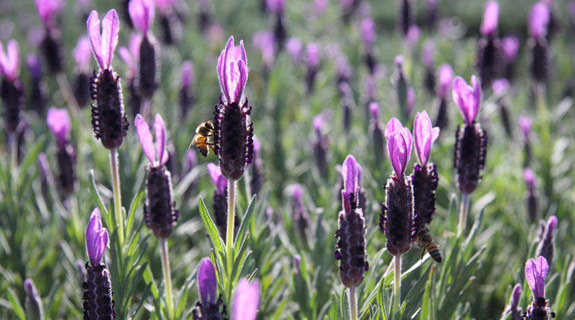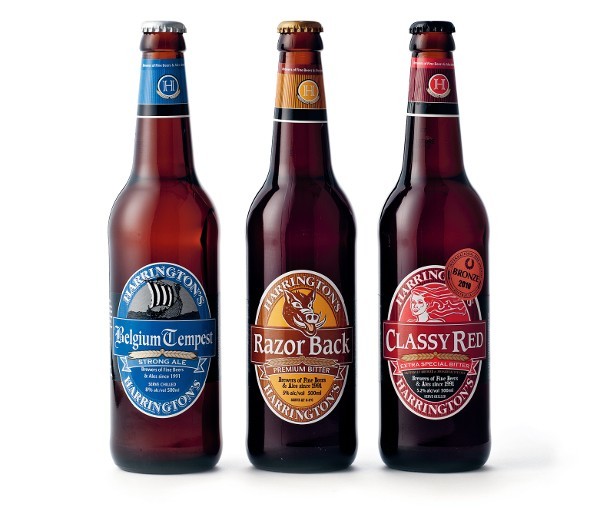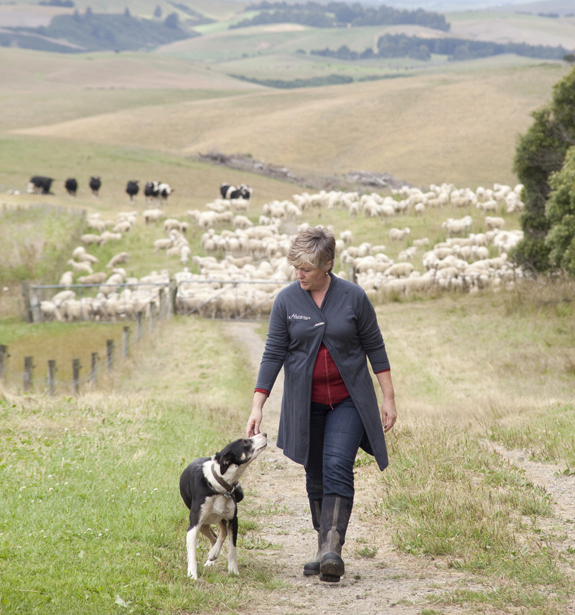Good magazine talks to bestselling cookbook author and gardener Amber Rose about seasonal, ancestral and nourishing foods.
Photography by Greta Kenyon for Wild Delicious Cookbook by Amber Rose.

Why is this way of eating so important?
Eating seasonally is about realigning with nature’s rhythm. Our ancestors didn’t have the convenience of eating the same foods year-round – what was available was deeply connected to the cycles of the land. When we eat seasonally, we’re eating food at its peak nutritional value, flavour and vitality – just as nature intended.
Beyond the health benefits, seasonal eating is also about nourishing the land that sustains us. It can support regenerative farming, reducing the need for long-haul food transport, and can foster a deeper appreciation for where our food comes from. I love to say that if we want to feel truly well, we need to start with the soil – because healthy soil means nutrient-dense food, which sustains a well-nourished body and mind.
How can people transition to a more seasonal way of eating if they’re used to supermarket convenience?
It starts with small shifts in mindset and habit. Instead of thinking of food shopping as a checklist, consider it a way to connect with what’s growing around you. A great first step is visiting local farmers’ markets or even just checking where your produce comes from at the supermarket. Choose what’s grown locally and in season rather than imported produce that’s out of sync with nature’s cycles.
Another simple trick? Start with one meal at a time. Maybe that means swapping your usual breakfast for a bowl of stewed apples and cinnamon in autumn instead of a tropical smoothie or roasting root vegetables and braising autumn/winter greens instead of relying on out-of-season salad greens. When we eat in tune with the seasons, we naturally bring more variety, flavour and nourishment into our meals – and over time, it becomes second nature.
What are some key autumn seasonal foods that support us leading into winter?
Autumn is nature’s way of preparing us for winter, providing warming, grounding foods that support immunity and digestion. Some of my go-to autumn staples:
Pumpkin and squash: packed with beta-carotene, a powerful antioxidant that converts to vitamin A, supporting immune function and skin health.
Apples and pears: rich in soluble fibre, which feeds gut bacteria, stabilises blood sugar and supports digestion.
Brassicas (cabbage, broccoli, kale, cauliflower): loaded with vitamin C and sulphur compounds that help detoxify and strengthen the immune system.
Beetroot: supports circulation and liver detoxification and provides nitrate compounds that help oxygenate the blood.
Mushrooms: nature’s medicinal powerhouses, they contain beta-glucans, which modulate the immune system and help protect against illness.
I love incorporating these into warming soups, slow-cooked stews, fermented krauts and simple roasted vegetable dishes that feed body and soul.
What does following our ancestral foods mean for our health?
Ancestral eating is about coming home to the foods that have nourished humans for generations, long before industrialised food, ultra-processing and artificial additives became the norm. Across cultures, our bodies have evolved alongside the traditional foods of our ancestors – foods that our body recognises on a deep, cellular level.
But many of us no longer live in our ancestral homelands, and part of reclaiming our health is about honouring where we come from while embracing where we are now. That means reconnecting with the seasonal, nutrient-dense foods that thrive locally alongside traditional foods that have supported our lineage. It’s about weaving old wisdom with new landscapes, inviting what grows around us into our kitchens, and making these ingredients part of our evolving food culture.
When we return to whole, living foods – like ferments, pastured meats, organ meats, high-quality dairy, bone broths, soaked and sprouted grains and naturally grown fruits and vegetables from mineral-rich soils – we’re not just fuelling our bodies, we’re remembering the deep connection between human health, soil health and planetary health. Traditional foods are inherently bioavailable, offering the most absorbable nutrients in the simplest, most effective way.
If you’d love to explore this way of eating, I share recipes and insights on Instagram and in my cookbooks showing how to integrate these ancestral, time-honoured foods into modern life easily.

What are the best go-to pantry staples to add to autumn cooking? And why are they great for our health?
Absolutely. A well-stocked pantry makes seasonal cooking effortless. Some of my must-haves for autumn:
Bone broth: a rich source of collagen, gelatine and amino acids to support gut health, immunity and joint resilience.
Fermented vegetables (sauerkraut, kimchi, probiotic pickles): packed with beneficial bacteria to keep digestion and immunity strong.
Ghee: a nourishing fat that supports digestion, brain health and hormone balance.
Raw honey: antimicrobial, immune-supporting and a beautiful way to naturally sweeten autumn dishes.
Cinnamon, turmeric, ginger and cardamom: warming, anti-inflammatory, and deeply supportive for digestion and circulation.
I add these to stews, roasted vegetables, and slow-cooked meats and oats – they bring flavour and function to the family table.
Amber Rose is a bestselling cookbook author, fermentation specialist and advocate for ancestral food practices. With a deep passion for soil health, gut health and regenerative living, she inspires others through her books, workshops, and storytelling – empowering people to reconnect with traditional wisdom for a nourished body and thriving planet. amber-rose.co.nz






